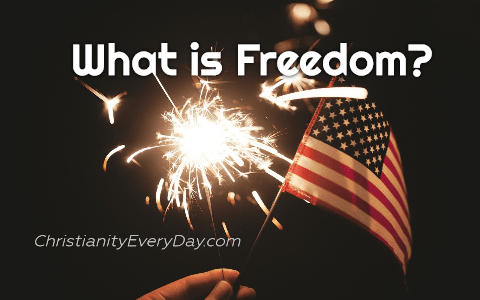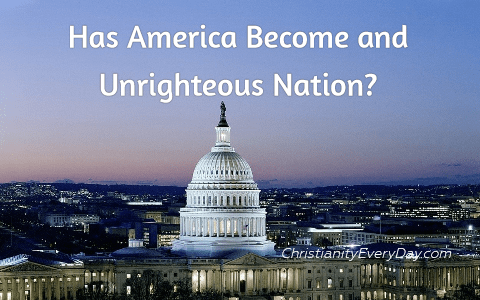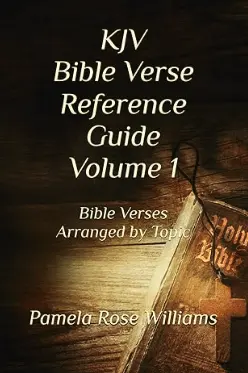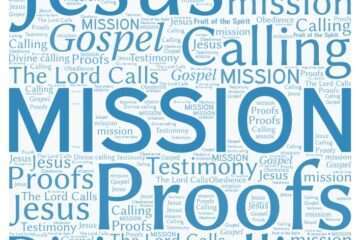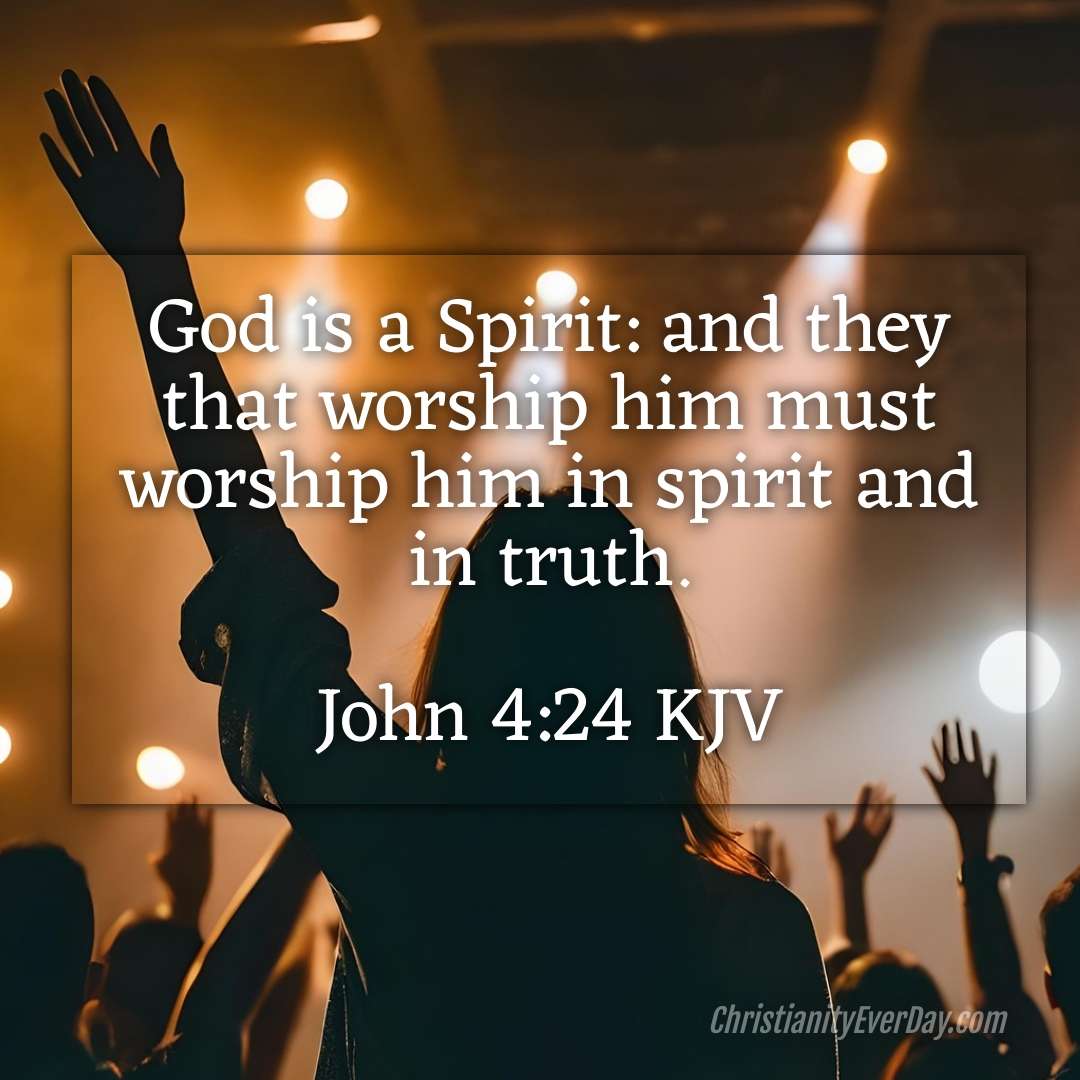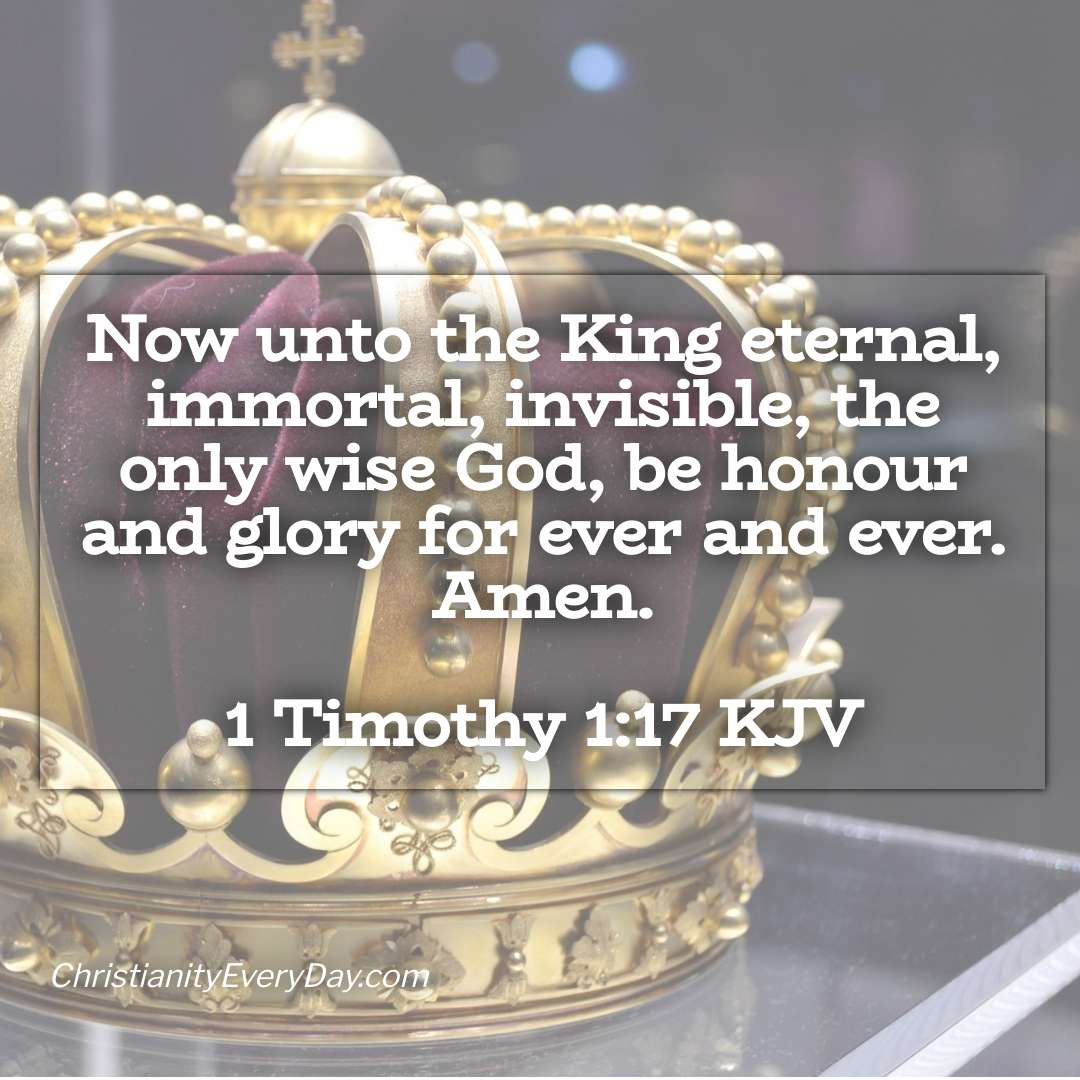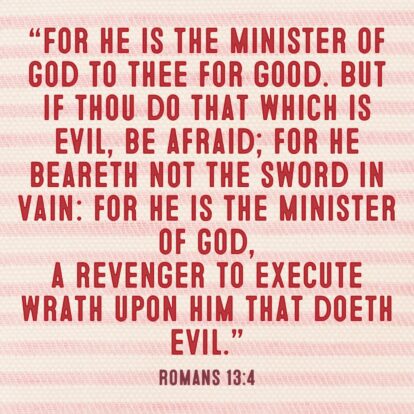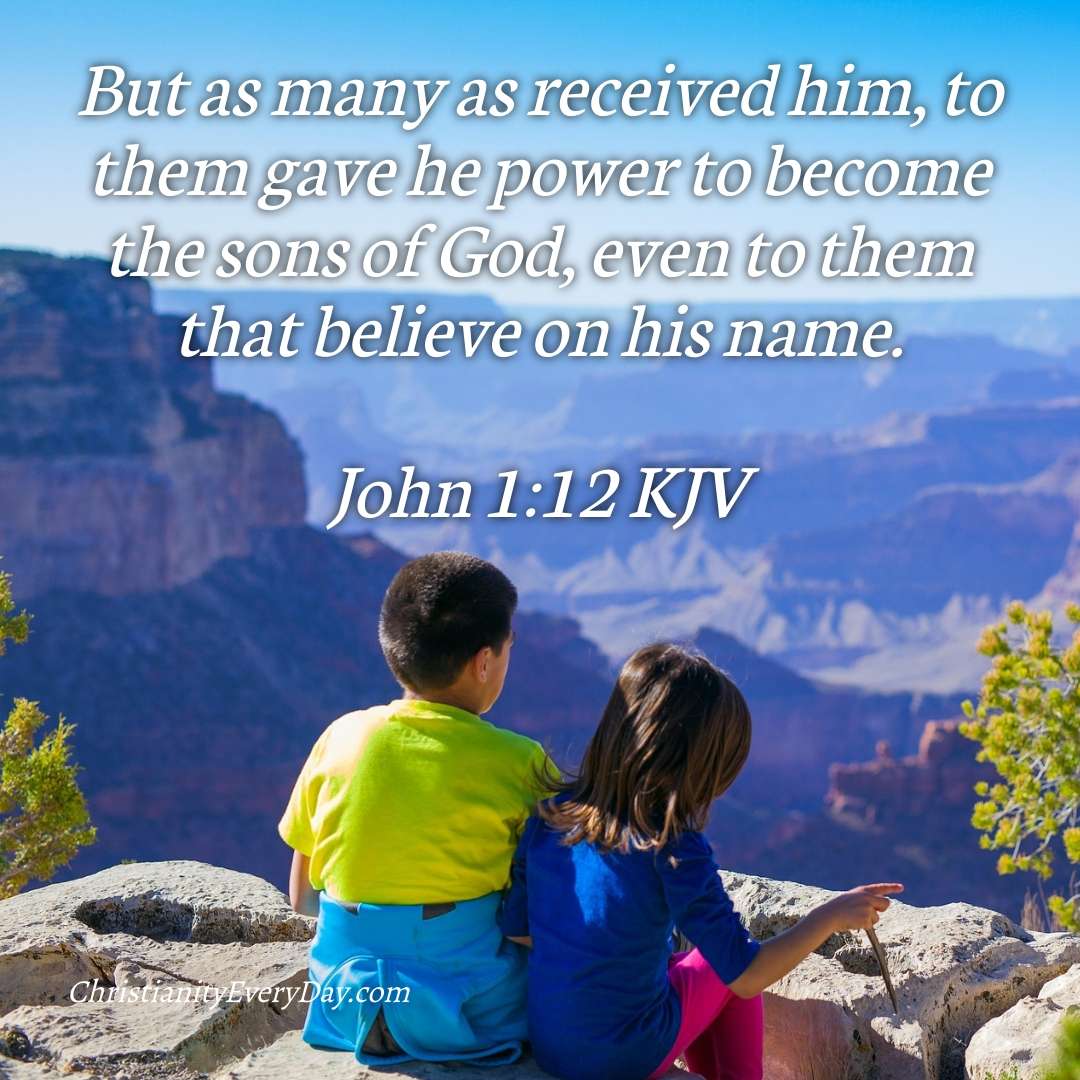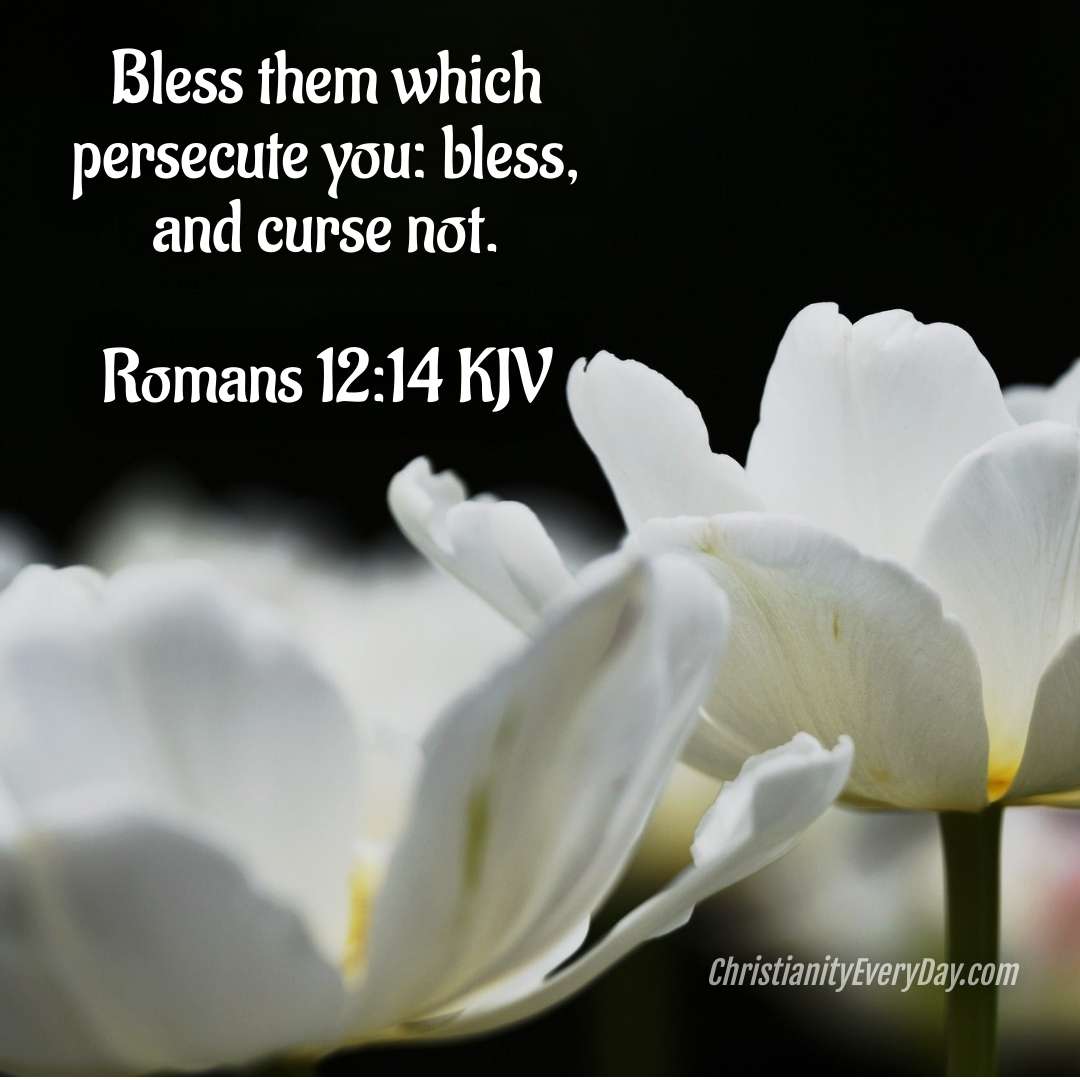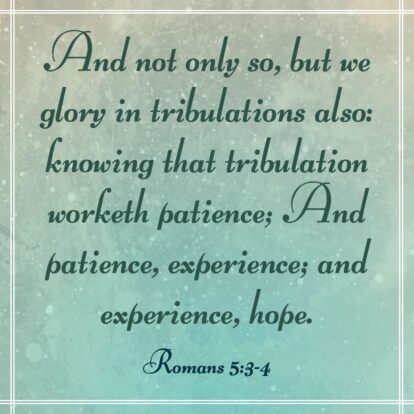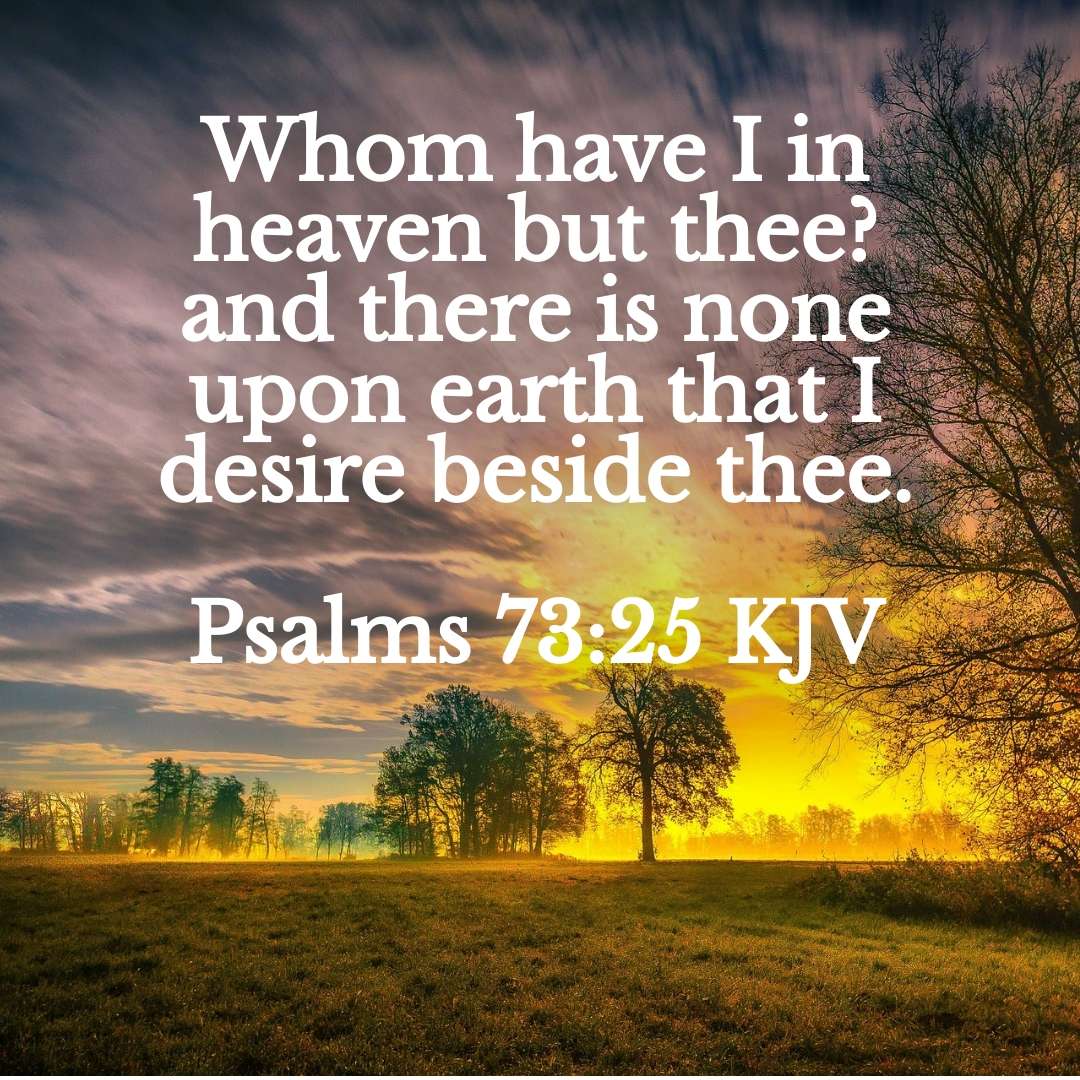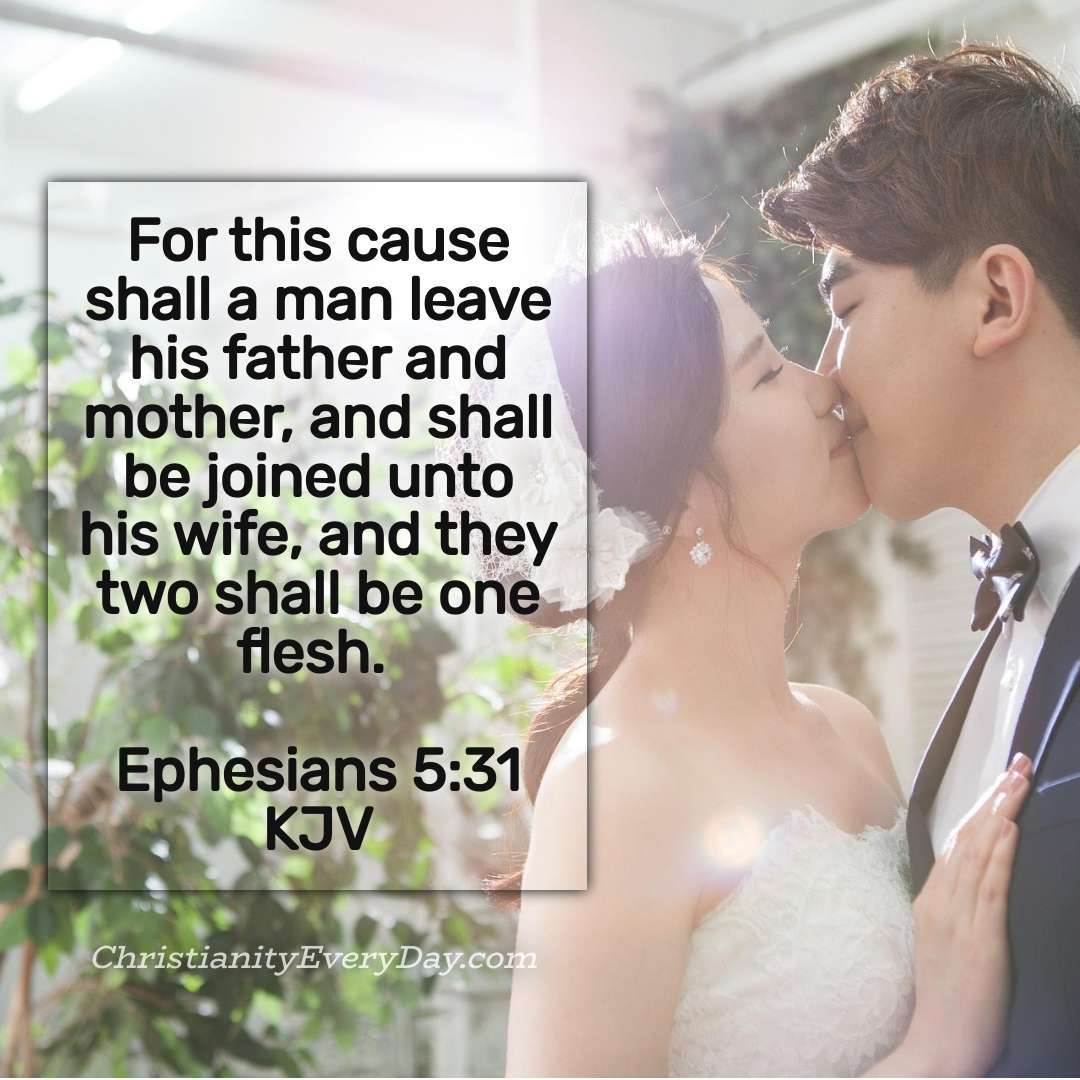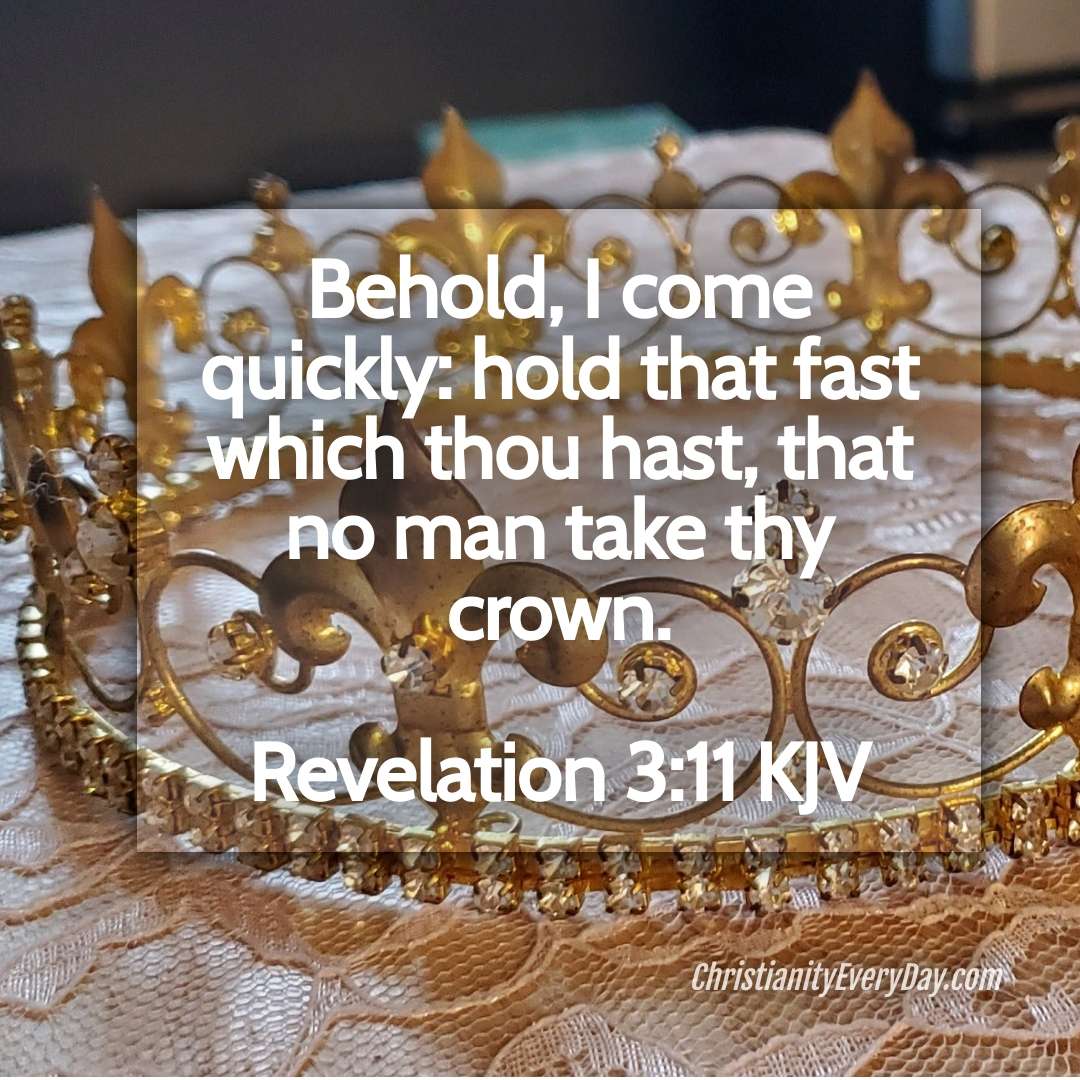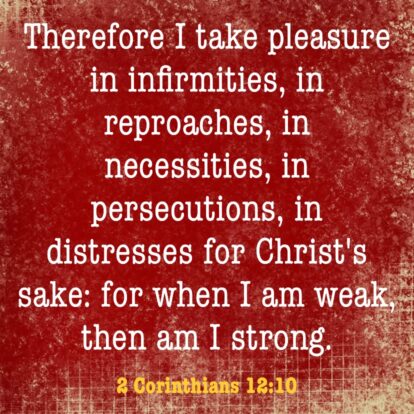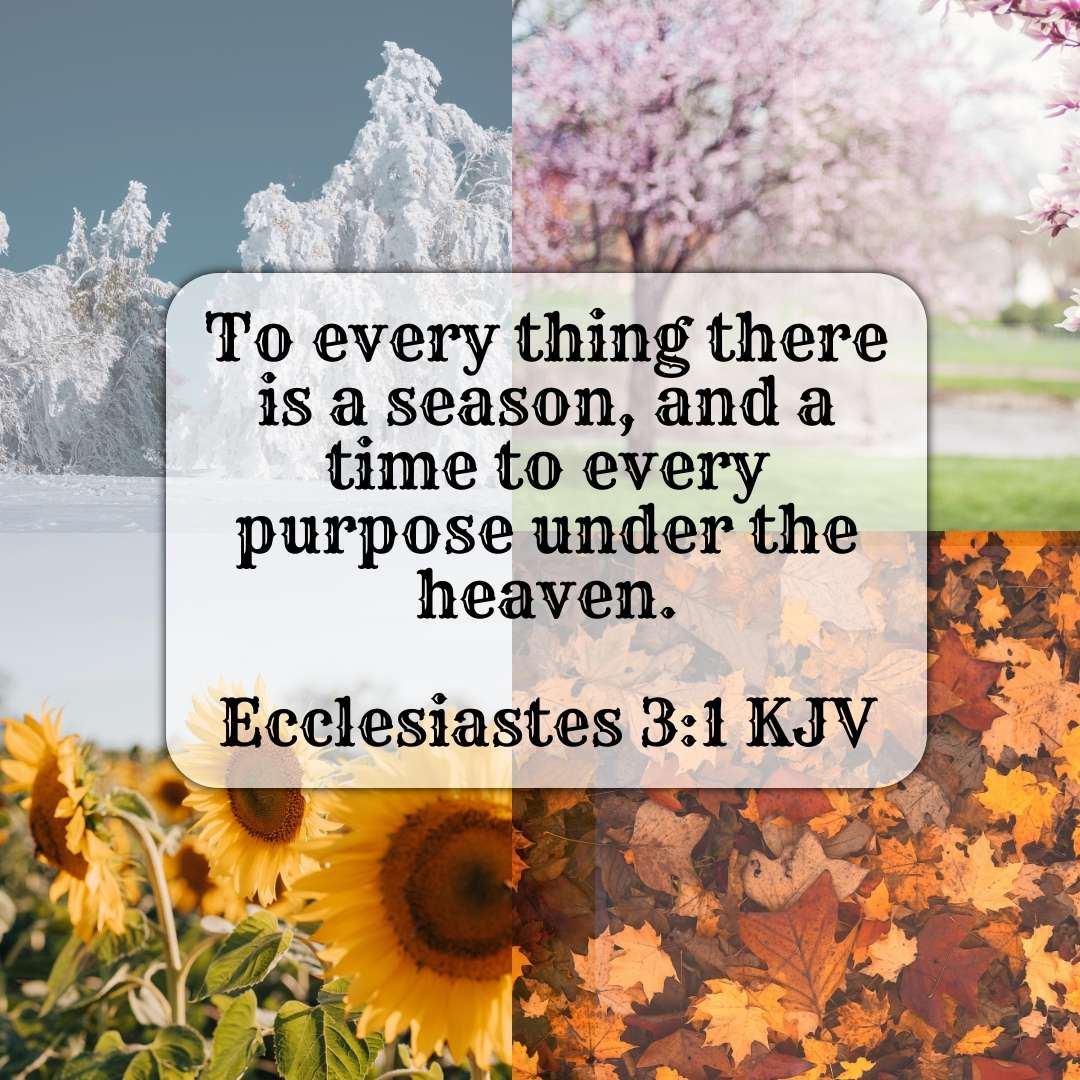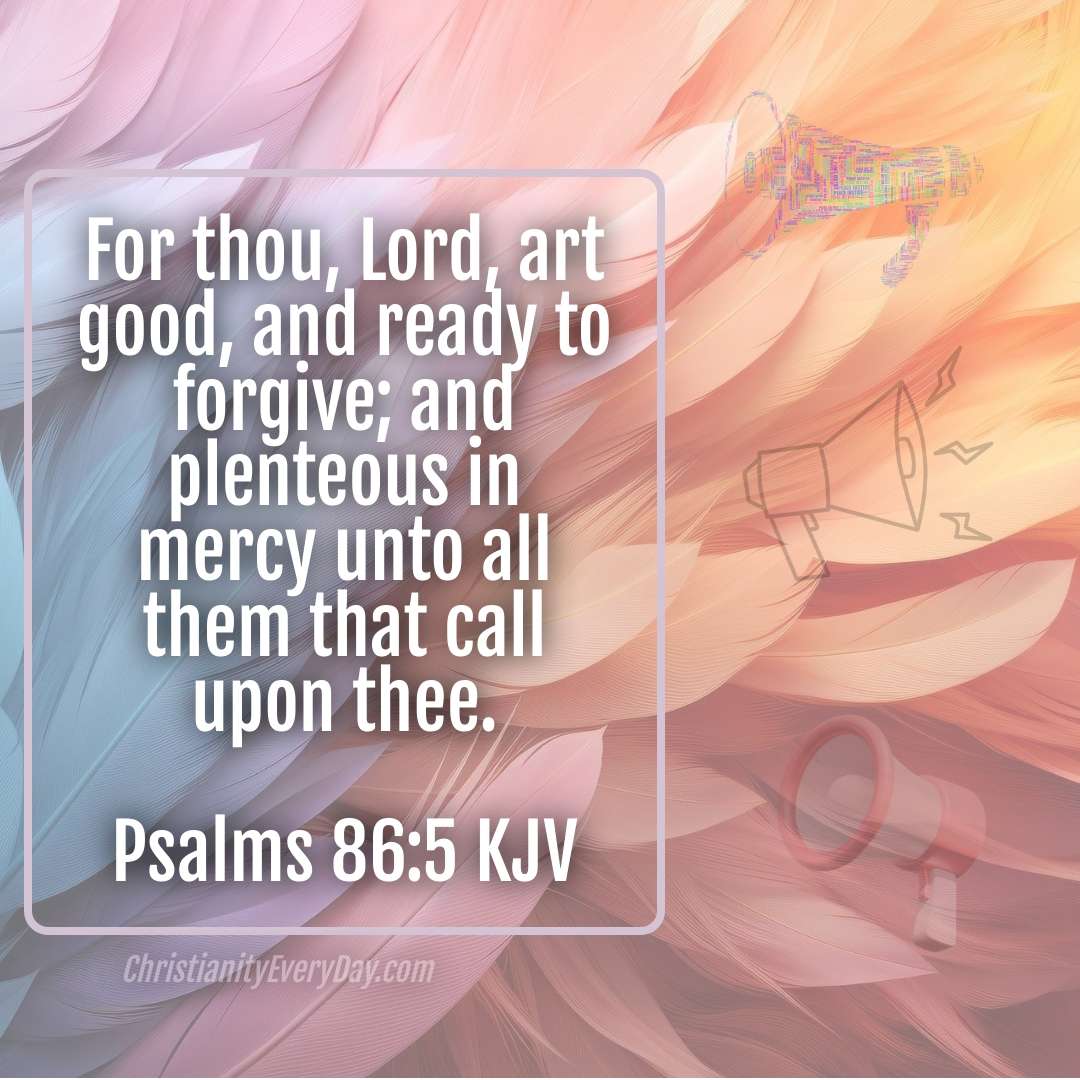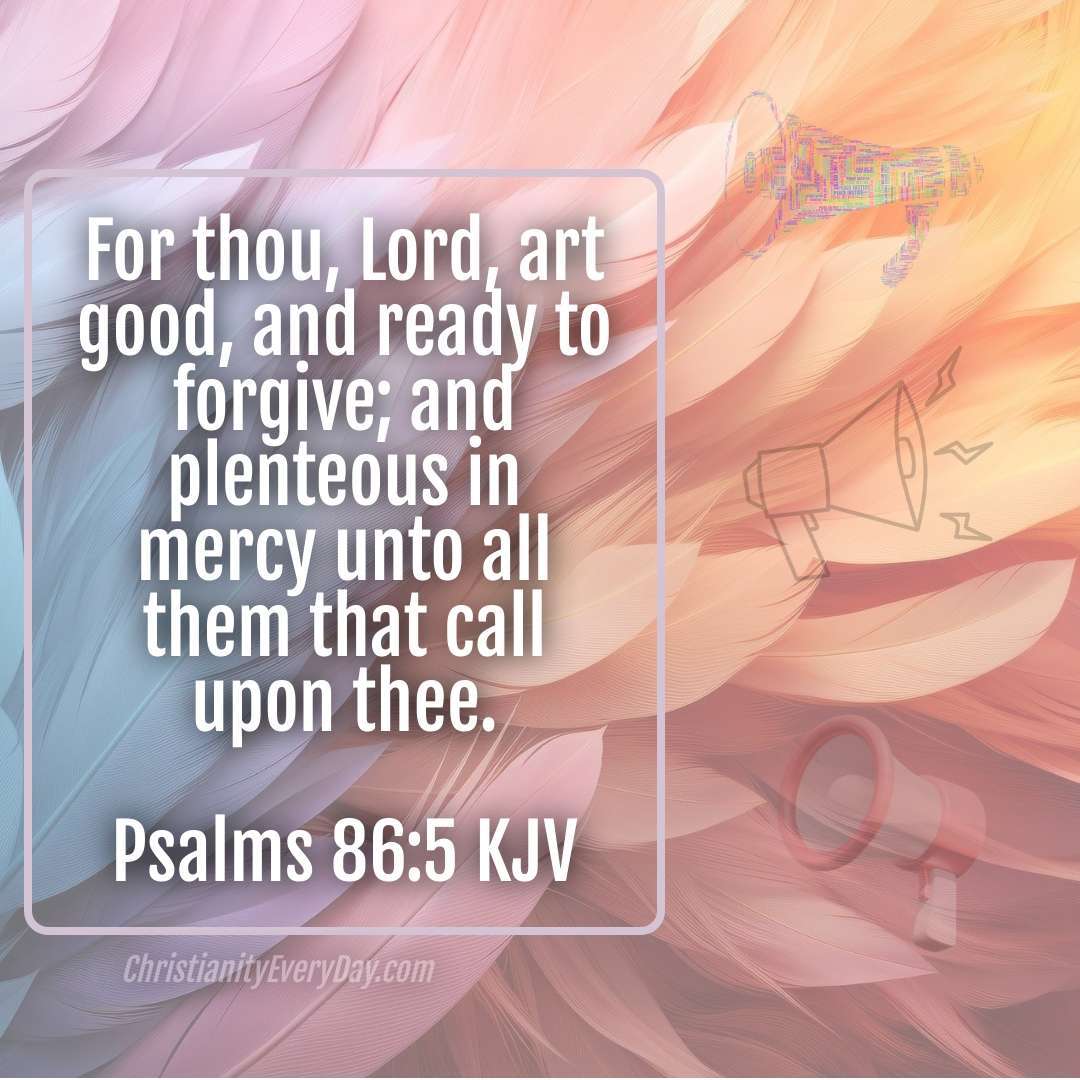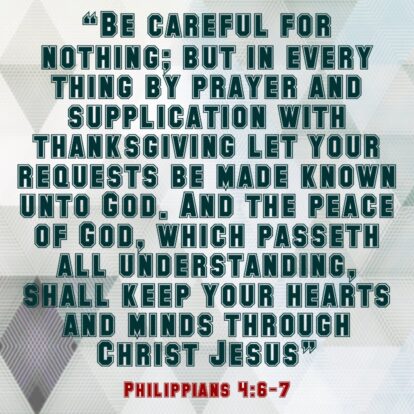Introduction
If you ask most people today to define freedom you will get a variety of answers mostly related to the idea of someone doing what they want to do without interference to do so from others. While the concept of their answer may be correct, most people today do not know that freedom, or liberty, does not come from government. To believe that it does leaves us at the mercy of whomever is in control of the government and makes us subject to the historical abuses of all peoples throughout human history. Therefore, to assure our protection from these abuses, it is important to understand the source of freedom and what it takes to assure that no one enslaves us or anyone else to a version of tyranny that disguises itself as a humanistic form of freedom. With this in mind, we must explore the only true source of freedom and how it is to be maintained amongst all peoples of humanity.
What is freedom?
Since most people are not Biblically literate today, their understanding of freedom, or liberty, is skewed by a humanistic idea of freedom that is flawed. This means that their understanding of freedom is incapable of being maintained, defended, or vindicated. This is because each person that attempts to identify, define, or promote their position concerning freedom is doing so based on their own beliefs, definitions, and practices.
This reasoning leaves each of us subject to the rule of the majority of opinions concerning freedom. When this occurs, it always results in a ruling class and a class that is ruled, which makes the abuses of tyranny ripe for exercise. Therefore, to fully understand how people can live in freedom without the abuses and tyranny of the majority, one must consider that only a definition and practice of freedom originating from a source that has the best intentions and welfare of each individual in mind above their own will assure their freedom.
Webster’s 1828 Dictionary generally defines freedom as follows (1):
Freedom, FREE’DOM, noun: 1. A state of exemption from the power or control of another; liberty; exemption from slavery, servitude or confinement. Freedom is personal, civil, political, and religious. [See Liberty.] 2. Particular privileges; franchise; immunity; as the freedom of a city. 3. Power of enjoying franchises. 4. Exemption from fate, necessity, or any constraint in consequence of predetermination or otherwise; as the freedom of the will. 5. Any exemption from constraint or control. 6. Ease or facility of doing anything. He speaks or acts with freedom. 7. Frankness; boldness. He addressed his audience with freedom. 8. License; improper familiarity; violation of the rules of decorum; with a plural. Beware of what are called innocent freedoms.
We can see from this general definition that freedom is a state of exemption from the power or control of another, which rules out slavery, servitude, or confinement. However, this definition also reveals to us that there are limits that must be placed on freedom. If not, then we would never have that ability to protect one another from those whom would ignore the basic tenants of freedom and seek to enslave, force service, or confine others without intervention.
It is with this in mind that in principle and practical application, a government made up of the people needs to be established to carry out the tasks necessary to assure an environment where no one could abuse their liberty to disable the freedom of others. However, such a government must be strong enough to intervene with those whom would abuse the freedoms of others while yet not powerful enough to abuse the freedoms of the general populace from which government is derived.
This means that government cannot be the source of freedom or else government would set about to establish itself as the arbitrator of freedom based on the dictates of those holding positions of authority in government. Instead, government, made up of the people, must seek a higher authority when assuring the environment needed to protect freedom and liberty. Therefore, the details of how this is to be accomplished are enumerated in Scripture as spoken by God for the common good of humanity. It is only through these Biblical principles that freedom and liberty can remain as intended without the corruption of man in its definition and application.
What does the Bible say about freedom?
The Bible teaches us that God ordained governmental authority to foster an environment where a nation’s citizens could live with the blessings of liberty, or freedom (2). Whether one is discussing liberty or freedom, they are discussing the same thing in that the terms, liberty and freedom, are synonymous (3). No matter which term you use, an important point to understand is that liberty or freedom does not come from government. God gives liberty or freedom to us. The Bible states this in the following Scriptures:
(Romans 8:2) “For the law of the Spirit of life in Christ Jesus hath made me free from the law of sin and death.”
(2 Corinthians 3:17) “Now the Lord is that Spirit: and where the Spirit of the Lord is, there is liberty.”
(Galatians 2:4) “…because of false brethren unawares brought in, who came in privily to spy out our liberty which we have in Christ Jesus, that they might bring us into bondage:”
(Galatians 5:1) “Stand fast therefore in the liberty wherewith Christ hath made us free, and be not entangled again with the yoke of bondage.”
For those who are not believers in the source and authority of Scripture, these Scriptures may appear to be confusing or unable to be grasped in sufficiency to formulate an identity, definition, or practice of freedom that assures benevolence to the people. For those whom are believers in the source and authority of Scripture, these Scriptures may appear to be quite clear as to their meaning.
Simply stated, God gave us our freedom to use for the formation of a “brotherhood of love” that respects the God-given rights of each individual to live in a way that does not adversely influence the lives of others. The song America the Beautiful refers to this in its lyrics, “America, America, God shed His grace on thee; and crown thy good with brotherhood; from sea to shining sea” (4). The question is: how do people form a “brotherhood of love?”
What is a brotherhood of love?
In today’s times, love is thought to be an emotion. When one speaks of love, they usually refer to an emotional feeling they have toward someone or something. Biblically speaking there are several words for love. They are the Greek words: Eros, philia, and agape (5). Eros refers to a sexual or “erotic” form of love, which would be more in line with lust. Philia refers to a brotherly love; hence the name “Philadelphia”: the city of brotherly love. Agape refers to an unconditional, God given love.
In an exception to normal Greek translation, the King James translators often used the word charity for love (agape) as found in 1 Corinthians 13. This is an interesting choice of words in that the King James Bible was the Bible of America’s Founding Fathers. In the King James Bible the word charity comes from the Greek charisma, not agape. Charisma or charismata, is defined by Webster’s as “an extraordinary power (as of healing) given a Christian by the Holy Spirit for the good of the church (6).” It is the same word used in recent times by those professing to have sign gifts from the Holy Spirit; referring to themselves as “charismatic.”
The King James translators understood that in a linguistic way the passage was linking the word love with the action of the Holy Spirit by using the word charity. Given the understanding of agape love being a fruit of the Spirit (Galatians 5:22-23), it would make perfect sense that the Founding Fathers would see agape (charity) love as an action, not an emotion. That kind of love serves others unconditionally and places the needs of others above the needs of self.
There is also a divine motivator that enables the individual to demonstrate this type of love. That motivator was the love of Jesus Christ whom, while we were yet sinners, died to pay our penalty to God for our violation of God’s law, also known as sin (Romans 3:23; Romans 5:6-21; Romans 6:23). It is because of what He did to demonstrate His love for us, that we are enabled and motivated to do those things that demonstrate our love for Him and one another (Romans 13:10; Galatians 5:13-14; 1 John 4:19). When we strive to practice and maintain an environment of love for our brothers, sisters, and neighbors, we establish a brotherhood of love.
How are we able to love others?
Today, more than ever, love is confused with lust. Most people equate lust with some sort of sexual desire or feeling, but it goes deeper than that. Per Webster’s 1828 Dictionary, the first definition of lust is “longing desire; eagerness to possess or enjoy; as the lust of gain” (7). While lust may be sexual in nature, it does not necessarily have to be. In fact, it has broader application in Scripture, which includes lust of the eyes, lust of the flesh, and pride (Genesis 3:6; Luke 4:1-15; James 13-16; 1 John 2:15-17). The motivation of lust is to satisfy our own desires at the expense of others.
Agape is most often used in referring to the love that God has for man. John 3:16 says, “For God so loved the world, that he gave his only begotten Son, that whosoever believeth in him should not perish, but have everlasting life.” Agape love is unique in that, as God’s love, it is unconditional and not selfishly motivated. God demonstrated His love to everyone in the world by dying on the cross as a sacrifice for sin.
God did this without consideration or conditions of how vile, despicable, or wicked a person is that has rejected His love for them and the truth of His Word. Not only is God’s love unconditional, but it also only comes from God. This is stated in 2 Timothy 1:7 “For God hath not given us the spirit of fear; but of power, and of love, and of a sound mind.” This is saying that fear does not come from God, but power, love, and a sound mind do come from God. The love used again is agape love.
This is important in that the power listed here to love is the power from the Holy Spirit. It is by the power of the Holy Spirit that man has the ability to love unconditionally. Since the Holy Spirit is more powerful than anything in the world (1 John 4:4), someone who has God’s Holy Spirit has the power of the Holy Spirit and the fruit, or effects, of the same. Agape love is listed as a fruit of the Holy Spirit in Galatians 5:22-23: “But the fruit of the Spirit is love, joy, peace, longsuffering, gentleness, goodness, faith, Meekness, temperance: against such there is no law.” Logically speaking, if one does not have the Holy Spirit, they do not have the ability or power to love unconditionally because unconditional love (agape) is the fruit of the Holy Spirit.
How then does one get the Holy Spirit? To answer that question, there must be an understanding of the gospel. The gospel, sometimes called “good news,” is literally interpreted to mean a good or joyful message (8). It refers to the message of Jesus Christ (Mark 1:1). More specifically, the message is that Jesus Christ was born as a baby (Luke 2:11); He grew up to be a man (Luke 2:40, 52), and never once committed an act of sin (1 Peter 2:21-22). The Bible says all of us are sinners (Romans 3:23) and that we pay for our sin by dying (Romans 6:23).
Since Jesus never sinned, He was not deserving of death nor required to pay its wages (Romans 6:23). Despite this, He willingly allowed Himself to be wrongfully crucified (Acts 2:23) on a cross as a payment for the wages of our sins (2 Corinthians 5:21). Salvation is not something we can earn by good works; it is a gift from God (Ephesians 2:8-9, Titus 3:5) because He loves us (Romans 5:8). If we believe that Jesus died on the cross to pay for our sins, then we will receive the gift of everlasting life to live with Him forever in His kingdom (John 3:16).
The moment we understand and believe the gospel or “good news” of what Jesus did for us, then God saves us and gives us His Holy Spirit as a guarantee of our inheritance of everlasting life (Ephesians 1:12-14) and as a seal on us until the day He redeems us (John 10:28-29; Ephesians 2:8-9; Ephesians 4:30). We are at that moment “born again” (Galatians 4:4-7; 1 Peter 1:18-23).
As mentioned earlier, it is what God did for us in dying on the cross that gives us a reason to love Him as stated in 1 John 4:19: “We love him, because He first loved us.” Likewise, we are called to love one another (1 John 1:11). Since God’s Holy Spirit that lives within us is more powerful than anything in the world (1 John 4:4), we then have the power to love God with all our heart, soul, mind, and strength, and to unconditionally love our neighbor and esteem them above ourselves (Mark 12:30-31).
This relates to faith as seen in Hebrews 11:1: “Now faith is the substance of things hoped for [salvation], the evidence of things not seen” [fruit of the Spirit]. God works through our faith to save us as our Savior. After we are saved, through faith, then when we do not resist Jesus taking control of our lives, we see His Holy Spirit make positive changes (fruit) in our lives. When we see this fruit, or evidence of the Spirit, it gives us more faith to trust God with our lives even more as our Lord. This is how we can have agape love, through His power to live and serve Him as our Lord.
So the connection is as follows: If we have trusted Christ as our Savior, we have God’s Holy Spirit. If we have God’s Holy Spirit, we are sealed until the day of redemption and we have the power to love God and our neighbor. If we have the power to love God and our neighbor, we have the ability to esteem, or place the needs of others above our own. If we place the needs of others above our own, we become part of a “brotherhood of love.” If we are part of a “brotherhood of love,” then laws are not needed to be passed to control our behaviors. If laws do not have to be passed to control our behavior, we can live in freedom. Read more about the Holy Spirit in the article: Who is the Holy Spirit?
How does government enable the brotherhood of love needed for freedom?
It all comes down to God’s Holy Spirit ruling in the hearts of a nation’s people and their leaders. If the people elect representatives whose hearts are directed by the Holy Spirit, then the government becomes influenced by the Holy Spirit! This is why in America, John Jay, the first U.S. Supreme Court Justice, said, “Providence has given to our people the choice of their rulers, and it is the duty, as well as the privilege and interest of our Christian nation, to select and prefer Christians for their rulers” (9).
When considering John Jay’s words and how important it is for the Holy Spirit to be ruling in the hearts of the people and their elected representatives, this concept has wide spreading and long-lasting implications. For example, if America’s Founding Fathers relied upon their Biblical foundations of faith to create a government that reflected the gospel of Jesus Christ to ensure freedom, what implications would it have on America’s foreign policy when supporting states who do not recognize Biblical principles? Without common ground or purpose, those efforts would prove to be fruitless. Instead, freedom can only come through the freedom that we have in Christ, whom delivered us from the bondage of law (Galatians 4:21-31; Galatians 5:1; Galatians 5:13-26; 1 Timothy 1:5-17; 1 John 3:4; 2 Peter 2:18-19).
Church and State
It is important to understand that a government influenced by the Holy Spirit is not the same as having a state-run church or a church running the state. Today, many that argue for the “separation of church and state” do not understand what makes up a church and what the America’s founders thought concerning the same. They have a mistaken idea that Christians are not allowed to voice political opinions if the opinions are based on the Bible or else, they are mixing church and state.
The phrase “separation of church and state” has been so distorted from its original intent that few today understand what it really means. The phrase appears nowhere in any government documents, at least not until it was incorrectly applied by the courts. The phrase came from a letter written by Thomas Jefferson to the Danbury Baptists in reply to a letter they had written him concerning the Federal Government’s attitude toward religion. In their letter, dated October 7, 1801, they wrote:
“Our sentiments are uniformly on the side of religious liberty: that religion is at all times and places a matter between God and individuals, that no man ought to suffer in name, person, or effects on account of his religious opinions, [and] that the legitimate power of civil government extends no further than to punish the man who works ill to his neighbor. But sir, our constitution of government is not specific…Therefore what religious privileges we enjoy (as a minor part of the State) we enjoy as favors granted, and not as inalienable rights” (10).
The Danbury Baptists were concerned about two things. First, that no one should suffer for expressing religious opinions. Second, that the federal government’s attitude toward religious freedom as being nothing more than “religious privileges” would result in the federal government treating the same as a favor and not an “inalienable right.” This was a big deal in that, as a favor, it was considered a “privilege” of the state, which can be revoked. As a right, it was the gift of God. Jefferson responded to reassure them in a letter dated January 1, 1802:
“Believing with you that religion is a matter which lies solely between man and his God; that he owes account to none other for his faith or his worship; that the legislative powers of government reach actions only and not opinions, I contemplate with sovereign reverence that act of the whole American people which declared that their legislature should “make no law respecting an establishment of religion or prohibiting the free exercise thereof,” thus building a wall of separation between Church and State. Adhering to this expression of the supreme will of the nation in behalf of the rights of conscience, I shall see with sincere satisfaction the progress of those sentiments which tend to restore to man all his natural rights, convinced he has no natural right in opposition to his social duties. I reciprocate your kind prayers for the protection and blessing of the common Father and Creator of man and tender you for yourselves and your religious association assurances of my high respect and esteem” (11).
In a similar letter written just over a year earlier to Benjamin Rush dated September 23, 1800, Jefferson stated his position concerning the government’s role in religious liberty as specified in the First Amendment:
“The clause of the Constitution which, while it secured the freedom of the press, covered also the freedom of religion, had given to the clergy a very favorite hope of obtaining an establishment of a particular form of Christianity through the United States; and as every sect believes its own form the true one, every one perhaps hoped for his own, but especially the Episcopalians and Congregationalists. The returning good sense of our country threatens abortion to their hopes and they believe that any portion of power confided to me will be exerted in opposition to their schemes. And they believe rightly” (12).
It can clearly be seen from this letter and others that Jefferson had written that his intention was to prevent the federal government from establishing a “particular form of Christianity,” in other words; a state sanctioned church. It was in no way intended to prohibit the exercise of religion in public, or on public property, to include public buildings, or the silencing of Christians, as is modern day practice. It also did not mean that those in government could not rely on the Bible and God’s Holy Spirit to guide them in their duties or even hold or attend worship services in government buildings as many of the Founding Fathers did.
To suggest that the First Amendment does mean prohibiting the exercise of religion in public grounds or facilities would then require that all activities mentioned in the First Amendment also be subject to the same restrictions. Speeches in public grounds or facilities would be also illegal as would any activities related to the press, assembly on public lands, or writing to elected government representatives. Imagine for a moment if one would suggest that giving a speech on public property was illegal. Or, disbanding the White House Press Office along with arresting any reporters that try to get information from public officials on government property. Or, stopping CSPAN from broadcasting the activities of Congress.
Since those who advocate the same wish to purge any practice of religion on public school property, school newspapers would be illegal too if the same restrictions were applied to all things mentioned in the First Amendment! It does not take a genius to recognize that the same amendment that creates an environment where a brotherhood of love can flourish would be quickly repealed if the public for one minute realized that interpreting the First Amendment in this way was evenly applied to other activities included in the text.
Another important point that needs to be made concerning this is that the First Amendment specifically names Congress as the legislative body to which it applies. It was not intended to be applied to the legislative bodies of the states:
“Congress shall make no law respecting an establishment of religion, or prohibiting the free exercise thereof; or abridging the freedom of speech, or of the press; or the right of the people peaceably to assemble, and to petition the government for a redress of grievances (13).” (emphasis mine)
This is one reason why state government constitutions are full of references to God, because they had the right to do so and the federal government had no authority in the matter. In fact, the Northwest Ordinance originally required states to address religion as a condition for becoming a state. Evidence of this is seen in the individual state constitutions where in almost every case, multiple expressions explicitly refer to God.
For several years, Alabama Supreme Court Chief Justice Roy Moore has waged a battle over this very premise, starting when he placed the Ten Commandments in his courtroom and began each day with prayer. His stance was that the Alabama Constitution and his oath of office required him to affirm God. The Federal Courts ignored the same and ordered him to remove the commandments. He refused and was removed from office because he disobeyed the Federal Court order. Ironically, the 9-member Alabama Court of the Judiciary that removed him from office started the case with prayer!
Many claim that the U.S. Constitution has no mention of God, yet it does! They conveniently overlook the end of the document where is says, “In the year of our Lord.” “Our Lord” is a reference to Jesus Christ (14). Likewise, if one would argue that there is no place in government for religious principles, then the Bill of Rights is no longer valid because it came from Biblical principles. In fact, it was Christian Baptists that helped Thomas Jefferson compose the Bill of Rights.
To suggest that the Bible has no place in American government would be to condemn the eradication of slavery, which was described by Abigail Adams, the wife of Founding Father and President John Adams, as the “sin of slavery.” She clearly believed along with her husband, that slavery was a sinful curse upon the land that was responsible for war losses and other disasters that befell the fledgling republic (15).
Likewise, if not for the strong aversion to slavery held by Biblically correct Christians, then the subject of its removal from the new nation would have never made it into the original drafts of the Declaration of Independence only to be later removed to gain a unanimous vote to become Independent on July 2, 1776. Slavery troubled most of the Founders, but they also knew that it was an issue that would have to be dealt with later when the hearts of the nation were ready for its removal so that all men could be free and fully endowed by their Creator with life, liberty, and the pursuit of happiness.
Final Thoughts
Without a Biblical influence, a free government of the people, by the people, and for the people would be replaced by a dictatorship that terrorizes its people at the will of whomever has the most people with the most weapons. The latter would not create the environment where the hearts of the people were ruled by the Holy Spirit. Without the hearts of the people being ruled by the Holy Spirit, then laws would have to be passed to do the same and a Brotherhood of Love that enables the establishment and maintenance of freedom would be impossible. No matter what one’s opinion may be on the subject, man only has two choices, be ruled without freedom by other men or be ruled by the Holy Spirit so that freedom exists for all.
Resources:
Scripture quotations are from The Holy Bible, King James Version
(1) Webster, Noah (1828) “Freedom”. Webster’s Revised Unabridged Dictionary (1828): American Dictionary of the English Language, Retrieved from: https://webstersdictionary1828.com/Dictionary/freedom
(3) Merriam, Charles and George and Webster, https://www.m-w.com/dictionary/liberty
(4) Bates, Katherine Lee and Ward, America the Beautiful
(5) Wikipedia, Words for Love, https://en.wikipedia.org/wiki/Greek_words_for_love
(6) Merriam, Charles and George and Webster, https://www.m-w.com/dictionary/charismata
(7) Webster, Noah (1828) “Lust”. Retrieved from: https://webstersdictionary1828.com/Dictionary/lust
(8) Webster, Noah (1828) “Gospel”. Retrieved from: https://webstersdictionary1828.com/Dictionary/gospel
(9) Jay, John, The Correspondence and Public Papers of John Jay, Vol IV (Page 365), Henry P. Johnston, Ed. New York: G.P. Putnams Sons, 1890.
(10) Danbury Baptist Association, Thomas Jefferson Papers: Letter of October 7, 1901 to Thomas Jefferson, Library of Congress, Washington, D.C.
(11) Jefferson, Thomas, Writings of Thomas Jefferson, Vol. XVI, to the Danbury Baptist Association on January 1, 1802, pp. 281-282
(12) Jefferson, Thomas, Writings of Thomas Jefferson, Vol. III, to Benjamin Rush on September 23, 1800, p. 441.
(13) United States of America, https://www.law.cornell.edu/constitution/constitution.billofrights.html
(14) DeMar, Gary,
(15) The Adams Papers, Adams Family Correspondence, vol. 1, December 1761 – May 1776, ed. Lyman H. Butterfield. Cambridge, MA: Harvard University Press, 1963, pp. 312–314.

Dr. Michael L. Williams, Head of Ministry Operations and Technology at Christianity Every Day, is a Christ-centered Author, Educator, Biblical Counselor and Advisor. He is ordained in Pastoral Ministry and formerly the founding Pastor of Selah Mountain Ministries, a church started along with his wife, Pamela Rose, after several years of pastoral experience and training in Biblical Counseling. Selah Mountain provided Biblical counseling and education to the public on how to overcome life issues Biblically on topics such as anger management, marriage, addictions, and other subjects – often referred to as mental illnesses. To learn more about Dr. Mike visit the About page.

